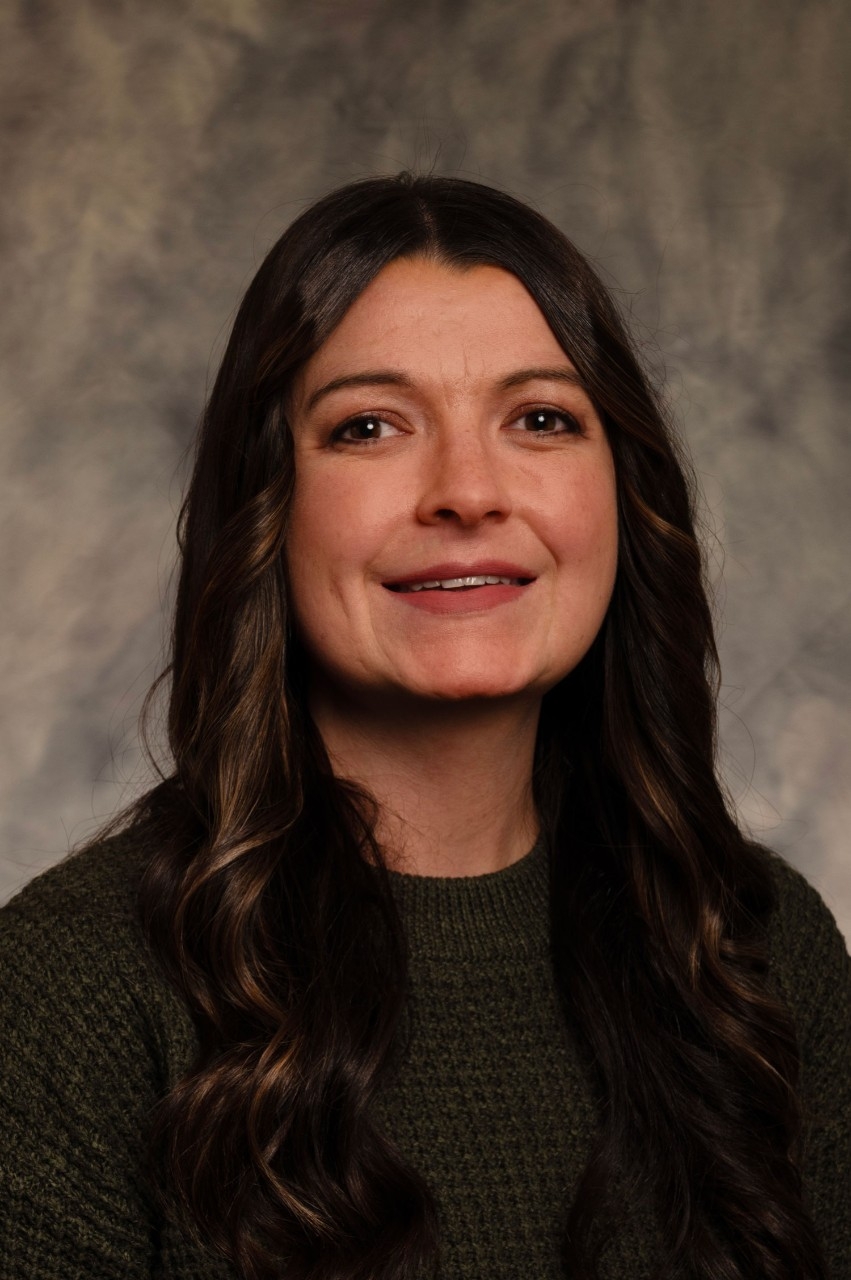For
Larissa Jones, the greatest aspect of receiving a degree from Northern Kentucky University will be having her two young children, Sawyer and Lydia, watch her walk across the stage after three years of hard work.
"I want my kids to see that when you work hard and persevere, you can do anything you set your mind to," she says.
Jones, a student in NKU’s
Pathway for Paraeducators (Option 9) program, also balances a full-time job as a special education instructional assistant at Grants Lick Elementary.
Option 9 is an accelerated program—that takes three years instead of the traditional four—in the
College of Education for those who are already working in public schools as paraeducators or instructional assistants who have the desire to be a certified teacher.
When Jones first attended college, she started in special education with a focus on moderate and severe disabilities (MSD) and worked in several classrooms after finishing her associate degree in early childhood education in 2013. A decade later, she became one of the very first students to join the Option 9 program, which launched in summer 2023.
When Jones graduates in May 2026, she’ll become a certified K-5 teacher and hopes to stay in the Campbell County School District. One of the highlights of the program, she says, is that she’s able to take projects she’s created for her coursework and then use it in the classroom after she graduates.
She says all of the professors have been "amazing," but one in particular has been memorable: Paulette Ebert.
"She is just kind and funny. She makes math fun, and I do not like math. But I enjoy going to her class because she’s personable," she says. "She told us, 'If you have any trouble with anything, reach out to me.' She understands that we’re not traditional college students and that we all have families. We all work full time and come right from work, so we are exhausted. But she makes it worth being here. She makes our time with her worth it."
Navigating life with a full-time job, 16 credit hours and parenting two kids at home isn’t always easy, but her husband, Darren, and her tight-knit cohort are what have kept her in the program.
"We truly are like a family," she says. "They’re there to talk me off the ledge—especially when I’m thinking, 'Why did I think I could go back to school?’ I’m too old for this.' We talk every single day even if we’re not in class together. I couldn’t do it without them, I really couldn’t."
